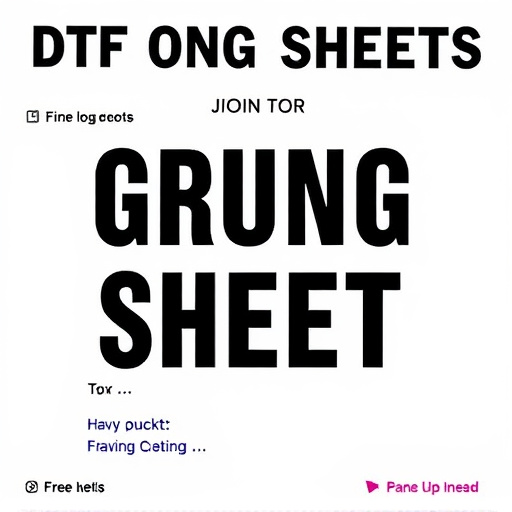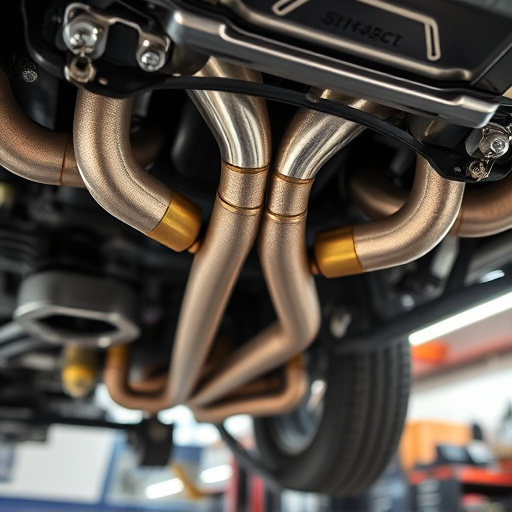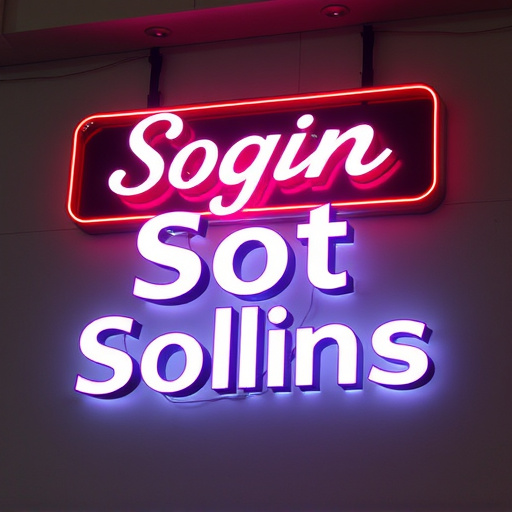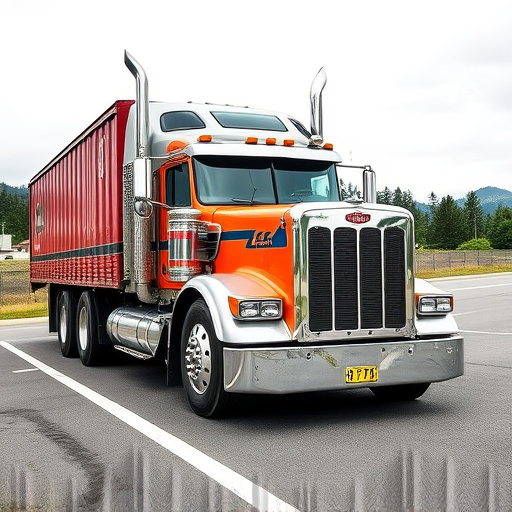Training is vital for achieving quality workmanship in industries demanding precision, such as car customization. Interactive workshops, online learning, and mentorship programs equip technicians with advanced skills and knowledge of industry best practices. Continuous training ensures professionals adapt to new technologies, reduce errors, increase efficiency, and maintain high work standards, ultimately enhancing overall quality workmanship.
In today’s competitive landscape, understanding the role of training in ensuring quality workmanship is paramount. This article delves into the profound impact of training on craftsmanship, exploring effective strategies for quality assurance. From initial skill development to continuous learning, we uncover key practices that foster excellence. Discover how organizations can elevate their standards and maintain a commitment to exceptional work through targeted educational initiatives, ultimately driving success in any industry.
- Understanding the Impact of Training on Craftsmanship
- Effective Training Strategies for Quality Assurance
- Continuous Learning: The Key to Excellence in Workmanship
Understanding the Impact of Training on Craftsmanship

Training plays a pivotal role in shaping the quality of craftsmanship, especially in industries where precision and skill are paramount. When artisans and professionals receive adequate training, they develop a deeper understanding of their trade, enabling them to produce superior work that meets or exceeds industry standards. This investment in education translates into enhanced productivity and better outcomes for clients.
In the context of car customization, for instance, proper training ensures that technicians applying protective coatings and scratch protection do so with meticulous care, resulting in a seamless finish that enhances the vehicle’s aesthetics without compromising its integrity. Such specialized training not only boosts the overall quality of work but also fosters innovation, as skilled professionals can then explore more intricate and unique designs, further enriching the car customization landscape.
Effective Training Strategies for Quality Assurance

In ensuring quality workmanship, effective training strategies are paramount. These include interactive workshops that engage employees through hands-on activities and real-world scenarios, fostering a deeper understanding of quality standards and best practices. Such sessions can be tailored to specific departments or tasks, focusing on critical areas like heat rejection in vehicle systems for optimal performance and protection, or car customization techniques to meet diverse customer needs.
Additionally, continuous learning through online modules and mentorship programs keeps workers updated with industry trends and innovations. Regular feedback sessions allow for knowledge sharing and problem-solving, promoting a culture of excellence. Incorporating both theoretical knowledge and practical skills development ensures that every team member contributes to maintaining high standards, ultimately driving overall quality workmanship.
Continuous Learning: The Key to Excellence in Workmanship

In today’s ever-evolving professional landscape, continuous learning is no longer an option; it’s a necessity for achieving and maintaining quality workmanship. The construction and automotive industries, for instance, are characterized by innovative technologies and materials that demand specialized skills. Professional technicians and craftsmen who commit to ongoing training can adapt to these changes, ensuring they stay at the forefront of their fields. This continuous learning process involves mastering new techniques, staying updated on industry standards, and understanding the latest advancements in tools and equipment. By embracing this mindset, professionals can deliver superior results, from meticulous scratch protection applications to precise heat rejection systems in vehicle modifications.
Regular training also fosters a culture of excellence and attention to detail. It equips workers with the knowledge to anticipate potential issues, troubleshoot effectively, and make informed decisions. This proactive approach reduces errors, increases efficiency, and ultimately enhances the overall quality of work. Whether it’s mastering the art of professional PPF installation or understanding complex chemical reactions in advanced coatings, continuous learning empowers individuals to deliver exceptional workmanship that meets and exceeds client expectations.
Training plays a pivotal role in cultivating and maintaining quality workmanship. By understanding the impact of training, implementing effective strategies, and fostering continuous learning, organizations can ensure their workforce delivers exceptional results. Investing in these practices not only enhances productivity but also fosters a culture of excellence that is essential for long-term success in any industry.














